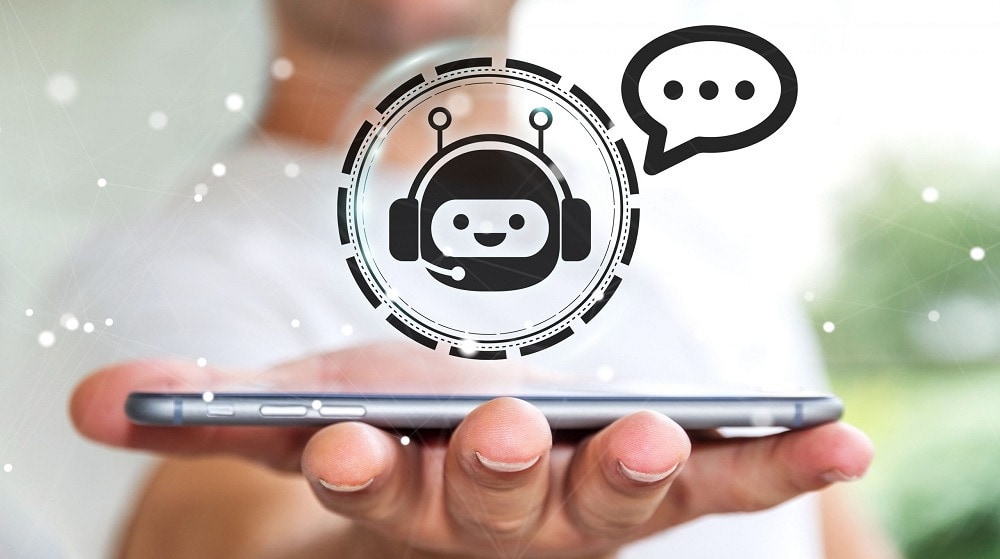The travel industry has always been about creating incredible experiences—helping people explore and connect with the world. But in 2025, AI chatbot development services will have revolutionized how travelers plan, book, and enjoy their trips. From personalized itineraries to instant support, AI chatbots are fundamentally changing how travel businesses connect with their customers.
Let’s explore why AI chatbot development services have become a game-changer for the travel industry and what makes them indispensable in today’s fast-paced world.
1. Personalized Travel Assistance
Every traveler is unique—some prefer luxury getaways, others want budget-friendly adventures. AI chatbots can analyze customer preferences, past bookings, and browsing behavior to provide personalized travel recommendations.
- Suggesting tailored holiday packages.
- Recommending local attractions based on interests.
- Offering hotel and flight options that match budget and style.
This level of personalization not only enhances customer satisfaction but also boosts conversion rates for travel businesses.
2. 24/7 Customer Support for Global Travelers
Traveling across time zones means travelers often need help at all hours. AI chatbots are always available to provide support, so no one is left feeling stranded.
- Answering questions about flight schedules, visa requirements, or baggage policies.
- Offering instant solutions to common issues like ticket rescheduling or cancellations.
- Assisting with emergency queries such as lost luggage or booking errors.
With 24/7 availability, chatbots ensure travelers always have a reliable digital companion.
3. Streamlining Bookings and Reservations
Booking flights, hotels, and activities can be overwhelming. AI chatbots simplify this process by acting as virtual travel agents.
- Customers can ask, “Find me a flight to Paris next Friday under $500,” and receive instant options.
- The chatbot can check seat availability, compare prices, and even handle secure payments.
- It can also suggest package deals for flights, hotels, and car rentals.
This seamless booking experience reduces drop-offs and drives higher revenue for travel companies.
4. Real-Time Updates and Notifications
Travelers often find it stressful to keep track of their bookings and itineraries. AI chatbots alleviate this by sending real-time notifications.
- Flight delays, cancellations, or gate changes.
- Hotel check-in reminders.
- Local weather or safety alerts at the destination.
Proactive communication builds trust and reliability, making customers more likely to stick with a brand.
5. Language and Cultural Assistance
Travel often means crossing language and cultural barriers. Advanced AI chatbots come equipped with multilingual capabilities, helping travelers:
- Translate basic phrases.
- Understand local customs or travel advisories.
- Get restaurant or event recommendations in their preferred language.
This makes global travel smoother, bridging gaps between travelers and destinations.
6. Driving Upselling and Cross-Selling Opportunities
AI chatbot development services aren’t just about customer support—they also play a role in revenue generation.
- Suggesting hotel upgrades or premium seating options.
- Recommending travel insurance during flight bookings.
- Promoting local tours, events, or dining experiences.
These targeted suggestions enhance the traveler’s journey while increasing average order value (AOV) for travel businesses.
7. Collecting Insights for Smarter Travel Experiences
Every interaction with a chatbot creates valuable customer data. Travel companies can analyze this to:
- Understand popular destinations.
- Identify peak booking times.
- Optimize pricing strategies.
- Improve services based on traveler pain points.
Data-driven insights enable businesses to design smarter, more engaging travel experiences.
8. Reducing Operational Costs
Hiring large customer support teams to handle global travelers is expensive. AI chatbot development services reduce this burden by automating repetitive queries and processes.
This helps travel agencies, airlines, and hotels:
- Lower operational costs.
- Free up human agents for complex issues.
- Maintain consistent customer service quality.
For smaller agencies, chatbots even act as affordable digital staff, making them more competitive.
9. The Future of Travel with AI Chatbots
As technology evolves, AI chatbots are becoming smarter, integrating with Generative AI, voice assistants, and predictive analytics. The future of travel will likely include:
- Voice-enabled trip planning: Travelers will book entire holidays through conversational AI.
- Hyper-personalized itineraries: Chatbots will create dynamic travel plans based on real-time weather, local events, and preferences.
- Augmented reality assistance: Guiding tourists through museums, cities, or attractions with real-time AR-enabled chatbot interactions.
These innovations will transform travel into a truly interactive and immersive experience.
Final Thoughts
In 2025, AI chatbots will become a key strategic tool for the travel industry, not just a support feature. They improve the entire traveler’s journey by providing personalized experiences, immediate assistance, effortless booking, and valuable data insights. For travel companies, the advantages are clear: higher customer satisfaction, lower operational costs, increased revenue, and more brand loyalty. As AI technology advances, companies that invest in AI chatbot development services will be leading the travel industry in the future.


